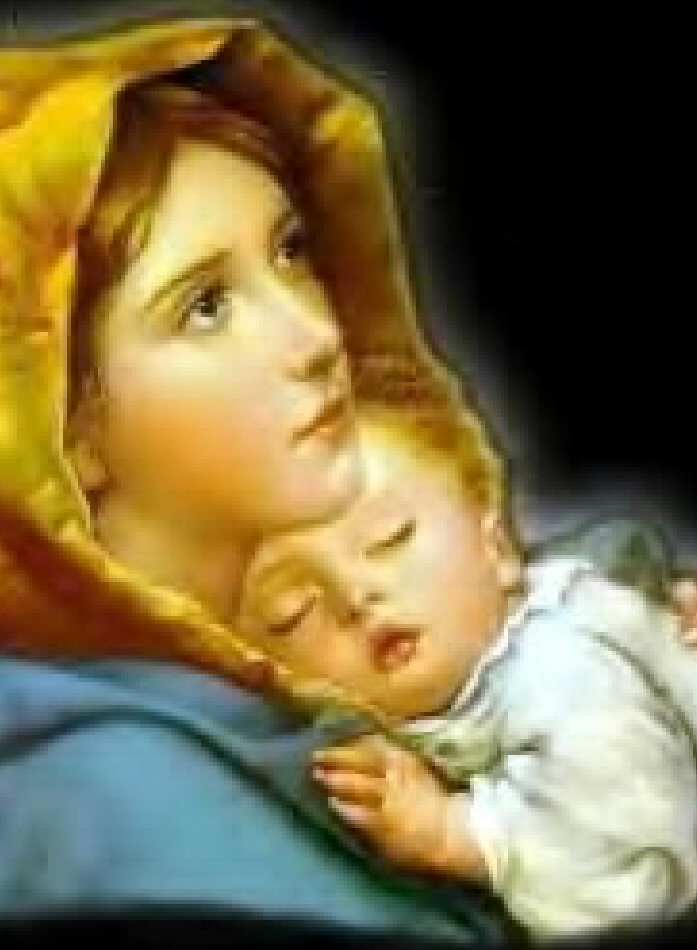Franz Schubert
[ˈfʁants ˈʃuːbɛɐ̯t] (1797 – 1828)
Schubert composed many songs, too. (歌曲之王)Wiegenlied
"Schlafe, schlafe, holder, süßer Knabe" / "Cradle Song"
Heidenröslein
"Little Rose of the Field" 《野玫瑰🌹》
- a poem by Johann Wolfgang von Goethe
Erlkönig
"alder king" 《魔王》
- a poem by Johann Wolfgang von Goethe.
It depicts the death of a child assailed by a supernatural being, the Erlking
It depicts the death of a child assailed by a supernatural being, the Erlking
Der Hirt auf dem Felsen
The Shepherd on the Rock", D. 965
- a famous Lied for soprano, clarinet, and piano
* Winterreise / Winter Journey 《冬之旅》- in winter, a traveller journeys out of town, dwelling on memories of an unfaithful lover
 Background of 'Ave Maria':
Background of 'Ave Maria':
In 1810, Sir Walter Scott publishedThe Lady of the Lake , an epic poem of 6 cantos, concerning the actions in 6 days, during a war between the lowland Scots and the highland clans.
'The Lady' was Ellen Douglas, and 'the Lake' was Loch Katrine in the Scottish Highlands.
In Canto Three, Ellen was praying to the Virgin, singing 'Ave Maria'. This poem was then loosely translated to German, based on which Schubert composed 7 songs.
The 6th song is the 'Ellen’s third song' or 'Hymn to the Virgin'. It was later adapted to use the full lyrics of the Latin Ave Maria. It has then become one of Schubert’s most popular works under the title Ave Maria, in arrangements with various lyrics.
- a famous Lied for soprano, clarinet, and piano
An die Musik
"To Music"
(L) José van Dam (tenor)
(R) Felicity Lott (soprano)
Song cycles
Dietrich Fischer-Dieskau is a pre-eminent Lieder singer:
* Die schöne Müllerin / The Fair Maid of the Mill《魅力的磨坊女》* Winterreise / Winter Journey 《冬之旅》- in winter, a traveller journeys out of town, dwelling on memories of an unfaithful lover
Score:
 Background of 'Ave Maria':
Background of 'Ave Maria':In 1810, Sir Walter Scott published
'The Lady' was Ellen Douglas, and 'the Lake' was Loch Katrine in the Scottish Highlands.
In Canto Three, Ellen was praying to the Virgin, singing 'Ave Maria'. This poem was then loosely translated to German, based on which Schubert composed 7 songs.
The 6th song is the 'Ellen’s third song' or 'Hymn to the Virgin'. It was later adapted to use the full lyrics of the Latin Ave Maria. It has then become one of Schubert’s most popular works under the title Ave Maria, in arrangements with various lyrics.
= = = = =
Bonus:
Bonus:
'Hail to the Chief'
In Canto Two, they sing the boat song “Hail to the Chief”.
Based on that,London ,
Based on that,
No comments:
Post a Comment